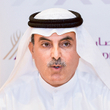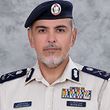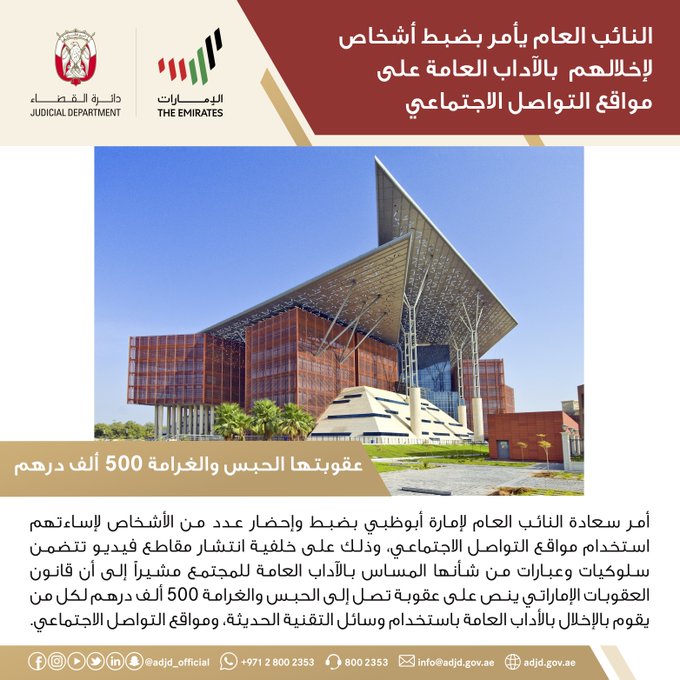Family gatherings - arranged by Emirati boat captain Salem Obeid Bin Suwaidan for his sons and their families, relatives and friends - were a routine during weekends and on every special occasion, especially Ramadan.
However, when the pandemic came, they had to put an end to this routine that used to take place at the Bin Suwaidan majlis in Dubai's Umm Suqeim 2.
His son, Emirati lawyer Abdul Moneim bin Suwaidan of Bin Suwaidan firm for Advocacy and Legal Consultancy, shares with Khaleej Times his feelings about the holy month of Ramadan this year.
"We miss praying at the mosque - the Taraweeh prayers and the Maghrib prayers are not allowed currently as part of public safety measures. So, now, we have to pray at home as we respect the instructions of the UAE government," Abdul Moneim said.
"During Ramadan, previously, the whole community would come together to hold mass buffets where we would serve the poor and needy people."The family definitely misses the majlis get-togethers, too, he added."In the holy month and after the Taraweeh prayers (and during the weekends for the rest of the year), we would gather there daily, have a chit-chat and receive guests."
Now, while they may not be able to come together because of social distancing rules, Abdul Moneim makes sure they stay in touch with their parents and friends via Zoom video conferences - usually after 8pm.
When it comes to iftar, the family opts for private meals at home.
"We prefer to have our iftar at home because we feel it's more private. I know that every household has its own customs and routine habits. Previously, three or four families in the same neighborhood would have iftar together (separate for men and women). But due to the pandemic, breaking the fast has now become limited to one family."
Absence makes the heart grow fonder, indeed, for the Bin Suwaidan family. Abdul Moneim believes that crises and ordeals strengthen family ties.
"I did not see my parents for almost a month due to the social distancing rule. They were in Abu Dhabi and my mother had a knee surgery. We managed, nonetheless, to stay in contact with her via Zoom so that she would not feel lonely," the Emirati shared.
"After the recent easing of movement restrictions, my parents came from the Capital and other family members joined us in Jumeirah."
It was a much-awaited moment for the family.
"But prior to the family gathering, my siblings and I agreed not to kiss or hug them - and it happened for the first time ever," Abdul Moneim said.
"Even though we missed them dearly and it was a painful reunion, we took it with an open heart for the good of all. We would not want to put my parents' safety at risk due to negligence."







